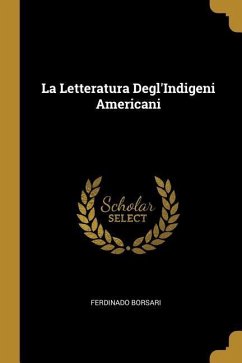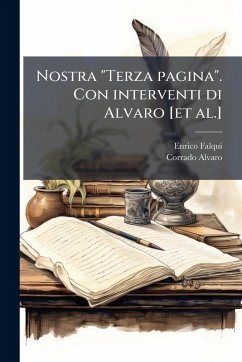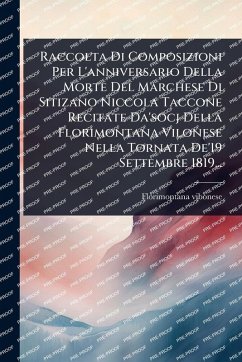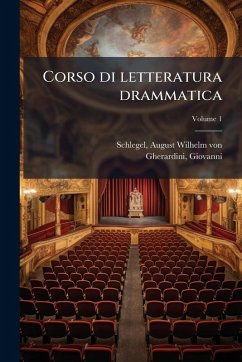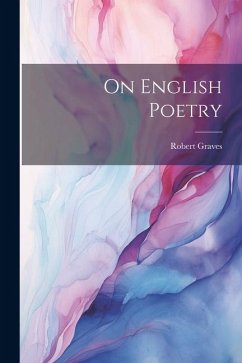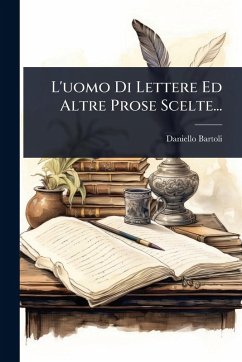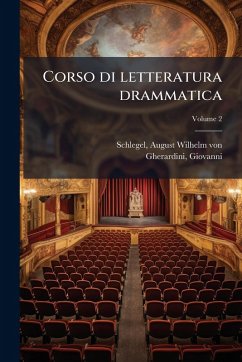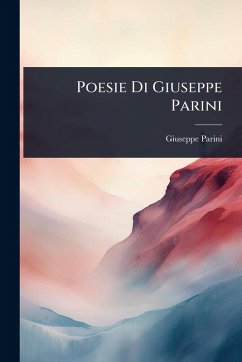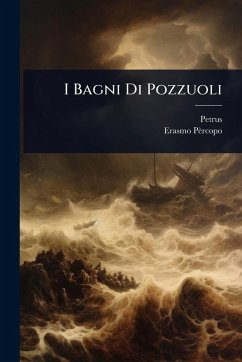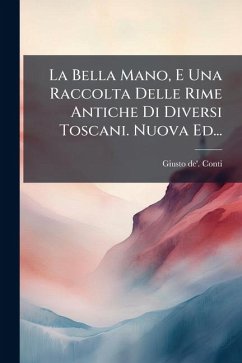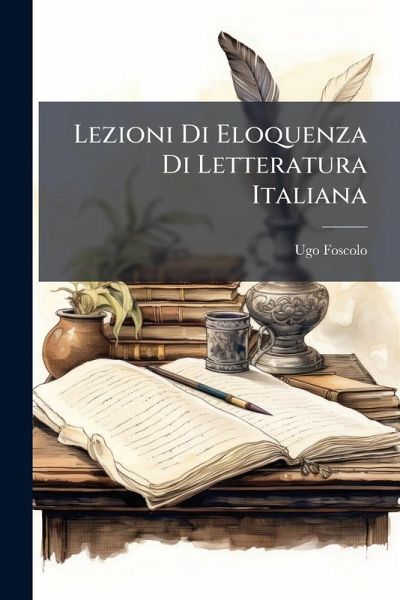
Lezioni Di Eloquenza Di Letteratura Italiana

PAYBACK Punkte
9 °P sammeln!
Lezioni Di Eloquenza Di Letteratura Italiana E Orazioni Di Ugo Foscolo presents a collection of lectures and orations by the renowned Italian writer Ugo Foscolo. This volume offers insights into Foscolo's thoughts on eloquence and Italian literature, showcasing his mastery of rhetoric and his profound understanding of literary principles. Readers will discover a wealth of knowledge related to Italian literary history and the art of persuasive speaking. This work provides valuable perspectives on the cultural and intellectual landscape of 19th-century Italy. Explore the mind of one of Italy's m...
Lezioni Di Eloquenza Di Letteratura Italiana E Orazioni Di Ugo Foscolo presents a collection of lectures and orations by the renowned Italian writer Ugo Foscolo. This volume offers insights into Foscolo's thoughts on eloquence and Italian literature, showcasing his mastery of rhetoric and his profound understanding of literary principles. Readers will discover a wealth of knowledge related to Italian literary history and the art of persuasive speaking. This work provides valuable perspectives on the cultural and intellectual landscape of 19th-century Italy. Explore the mind of one of Italy's most celebrated literary figures. This work has been selected by scholars as being culturally important, and is part of the knowledge base of civilization as we know it. This work was reproduced from the original artifact, and remains as true to the original work as possible. Therefore, you will see the original copyright references, library stamps (as most of these works have been housed in our most important libraries around the world), and other notations in the work. This work is in the public domain in the United States of America, and possibly other nations. Within the United States, you may freely copy and distribute this work, as no entity (individual or corporate) has a copyright on the body of the work. As a reproduction of a historical artifact, this work may contain missing or blurred pages, poor pictures, errant marks, etc. Scholars believe, and we concur, that this work is important enough to be preserved, reproduced, and made generally available to the public. We appreciate your support of the preservation process, and thank you for being an important part of keeping this knowledge alive and relevant.



